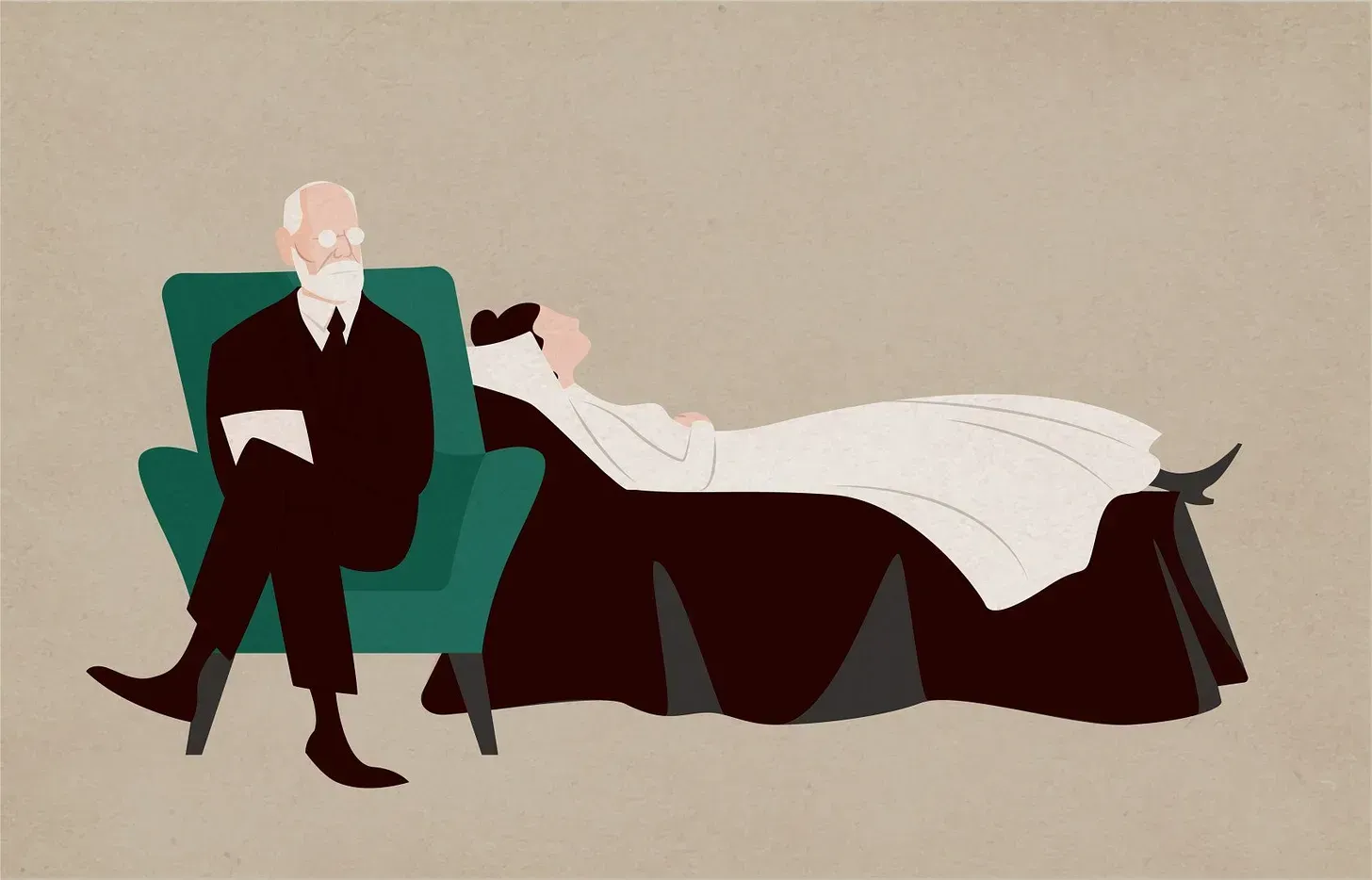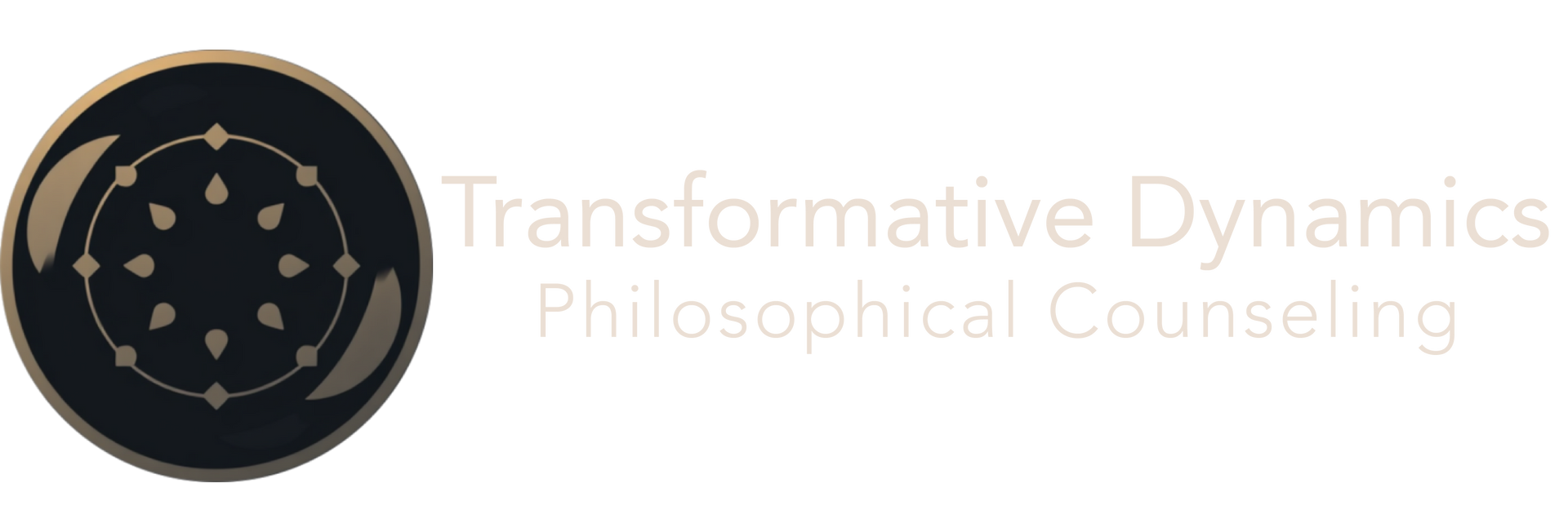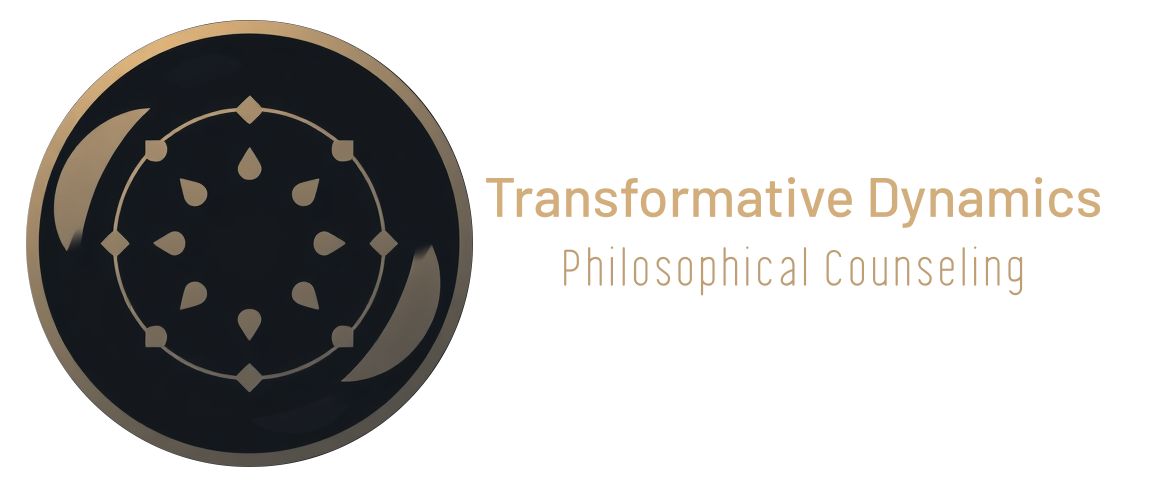Philosophical Counseling vs. Therapy: Agency, Autonomy, and Efficacy
As I continue to develop my philosophical counseling practice, I have been receiving a lot of questions regarding the difference between philosophical counseling and therapy. The two definitely overlap and often intertwine, but there are specific differences between them. Each wants clients to come away from therapy or counseling as a better person, on more solid footing, with better coping skills and the capacity for self-care and self-realization.
Where the emphasis is different however, is in the underlying purpose or mechanism of each. Therapy, at its core, is concerned with mental health, the treatment of underlying traumas, and a reduction of symptoms caused by some past trauma or some underlying psychopathology. It concerns itself largely with emotional regulation. Therapy, in its more basic form, assumes that there is some kind of pathology at work — which can have its roots in a past traumatic event or in some physiological psychopathology which can be regulated or managed via psychopharmacology or any one of a number of cognitive or narrative therapies. Therapy works through the emotional and cognitive dimensions of traumas and psychopathologies, with an emphasis on emotional behaviors and narratives.

Philosophical counseling can and does have cognitive and emotional components, but does not work under the assumption that there is a psychopathology or trauma involved. Indeed, there may be those in the client's past, but philosophical counseling speaks more to the present moment, and how the client has created a sense of identity and meaning for themselves. Who has the client become? What is their overall sense of self and being? What is their ethical outlook on life, and their capacity to be content with the meaning and identity they have created for themselves?
Philosophical counseling asks "what does this mean?" rather than "how does this make me feel?" It asks, "how do I integrate this into a sense of self" rather than "what emotional regulation steps can I take to regulate this emotion?”
That being said, philosophical counseling doesn't shy away from emotions. It acknowledges them and asks how those emotions are being integrated, and how they contribute to an overall identity and worldview.
In my own practice, I examine the dynamics of three specific aspects of my clients’ lived experience: their sense of agency, their sense of autonomy, and their sense of efficacy.
- A client’s sense of agency involves their capacity to make their own decisions, and if they feel empowered to do so. Do they feel as if they have a role in the world? Do they feel a certain paralysis when making decisions, or that they are simply being pulled along by factors outside of their locus of control. Is a client initiating action on their own accord? Or are they always reactive? Do they feel as if they are always suffering from some kind of decision fatigue, as if their lives are on some kind of endless doom scroll? Do they feel that they have the willpower to make a decision and potentially act on that decision? Do they feel that their ability to make decisions is being limited by something internal or external; and what exactly are those factors?
- Similar to agency, autonomy is related to a client’s ability to act on a decision. They may desire to live in a specific way or by a specific kind of ethics, and can even initiate movement toward those ethics, but a combination of internal and/or external factors limit the scope of their ability to follow through. Does the client feel as if they are in charge of their own life, or is there a sense that there are too many factors that are holding a client back? Are those limiting factors internal or external? Philosophical counseling helps provide a safe and objective space from which to assess the range and scope of one’s autonomy, and how to live in a way that will bring the client a sense of purpose and fulfillment.
- Finally, efficacy is the sense that one’s actions are actually having an effect on the world. The client may feel as if they are putting in the effort and the work, but that what they are doing isn’t having an impact in the situation or the world around them. A client lacking efficacy can feel as if they are making decisions and putting in the effort to bring them to fruition, but those efforts are not bringing about the desired results. Where are the client’s efforts going? Is the client looking for a specific result or outcome but not seeing the actual impact of their actions?
Most issues that arise in philosophical counseling don’t necessarily stem from just one of these factors, but from the interplay of all them, and how they affect a client’s self-image, worldview, and ethical strategies. While these factors can and do arise in therapy, my counseling strategies focus on the conceptual rather than the emotional, leaning more heavily on logic and critical thinking, as well as events and strategies in the present geared toward future growth. Of course, past behaviors and experiences are going to be relevant (at times even critical) in understanding where a client is in the present, but philosophical counseling looks at where the client is in the present moment and moves them from there into the future, without having to necessarily unravel the past.
In practical terms, my own practice focuses more on the existential questions of what a single individual's life means when woven into the tapestry of other people's lives, giving clients the tools to help align with a perceived higher purpose or to create their own. This involves helping clients identify the choices and options they have in any given situation, better strategies for making and acting upon decisions, and how to ascertain whether or not those strategies are having an impact on their lived experience.
It doesn’t take a traumatic event or underlying psychopathology to spark questions of identity, meaning, and living a good life. But that doesn’t mean we can’t seek the help of an expert practitioner in helping us ask (and answer) those questions.
If you’re interested in philosophical counseling, schedule a consult today!






